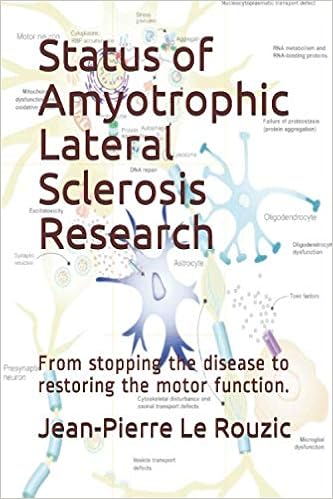Biogen is discontinuing BIIB100 (an XPO1 inhibitor) as one of its three amyotrophic lateral sclerosis (ALS) drug candidates. This is a sad news as Tofersen, an ASO, its most advanced of the three ALS programs, failed recently to hit the primary endpoint, even as Biogen has made the case for the asset and engaged with regulators about the next steps.
Biogen’s other clinical-phase ALS candidate is BIIB105, another antisense asset. BIIB105 is in a phase 1 clinical trial designed to assess its effect on two forms of ALS.
Biogen partnered on BIIB100 in 2018 with a biotech named Karyopharm Therapeutics which wanted to focus on their cancer pipeline. The idea was that if BIIB100 was successful, then Biogen would bought it for $207 million.
Biogen began a Phase 1 trial in 49 adults with ALS the following year to investigate whether reducing nucleoprotein export by inhibiting the nuclear transport factor XPO1 can prevent the formation of neuronal cytoplasmic inclusions and thus slow the sporadic progression of ALS.
Work on the study was completed in June 2021. On June 7, 2022, Biogen wrote to Karyopharm terminating the agreement, with Karyopharm notifying investors eight days later.
BIIB100 crosses the blood-brain barrier more readily than other selective inhibitors of nuclear export compounds. It's also supported by research suggesting it causes the binding and blocking of NF-κB, a protein involved in inflammation.
It's not clear to me why Biogen saw a great potential for a XPO1 inhibitor in ALS. XPO1 exports several hundreds of different proteins from the nucleus. XPO1 is involved in various viral infections and in many cancer.

